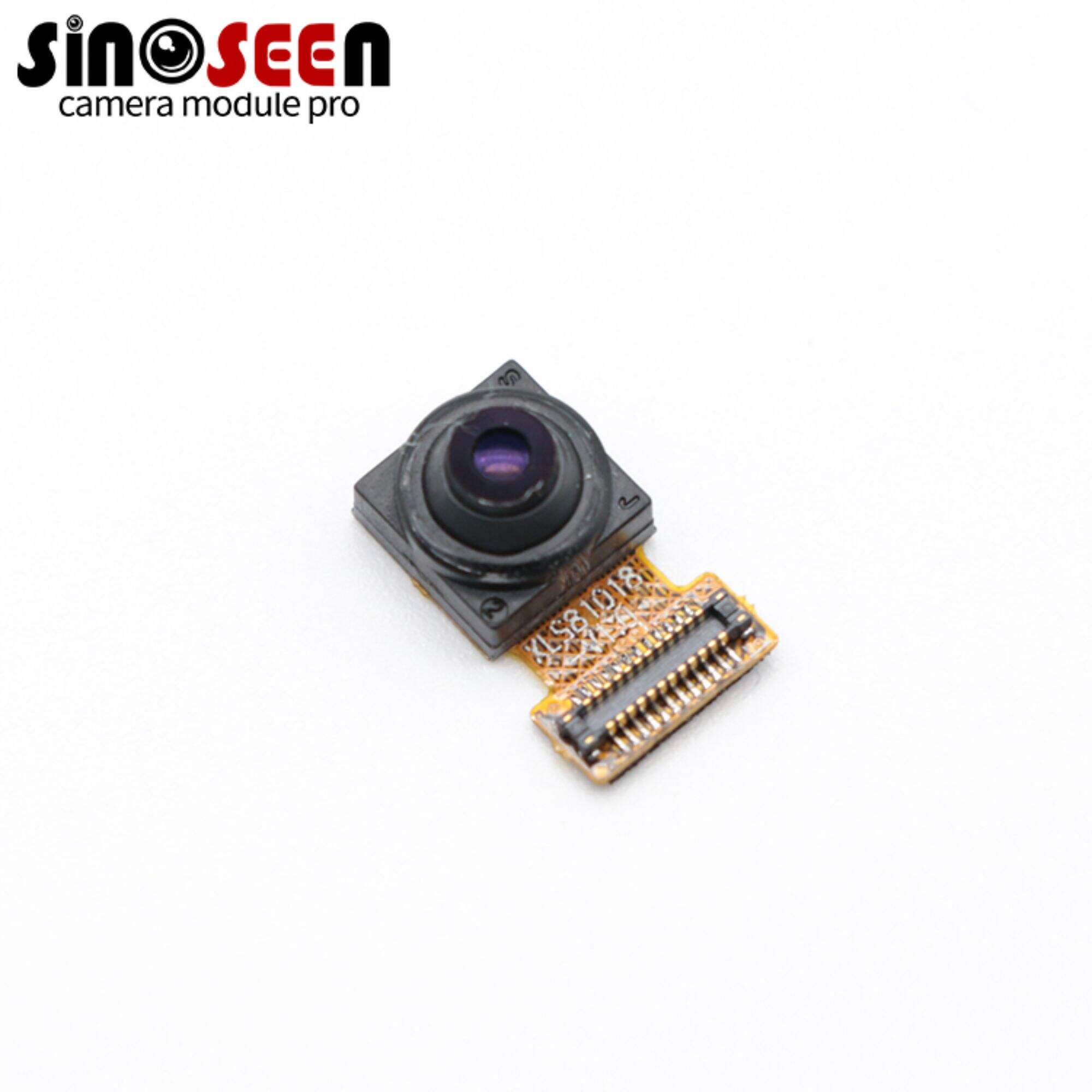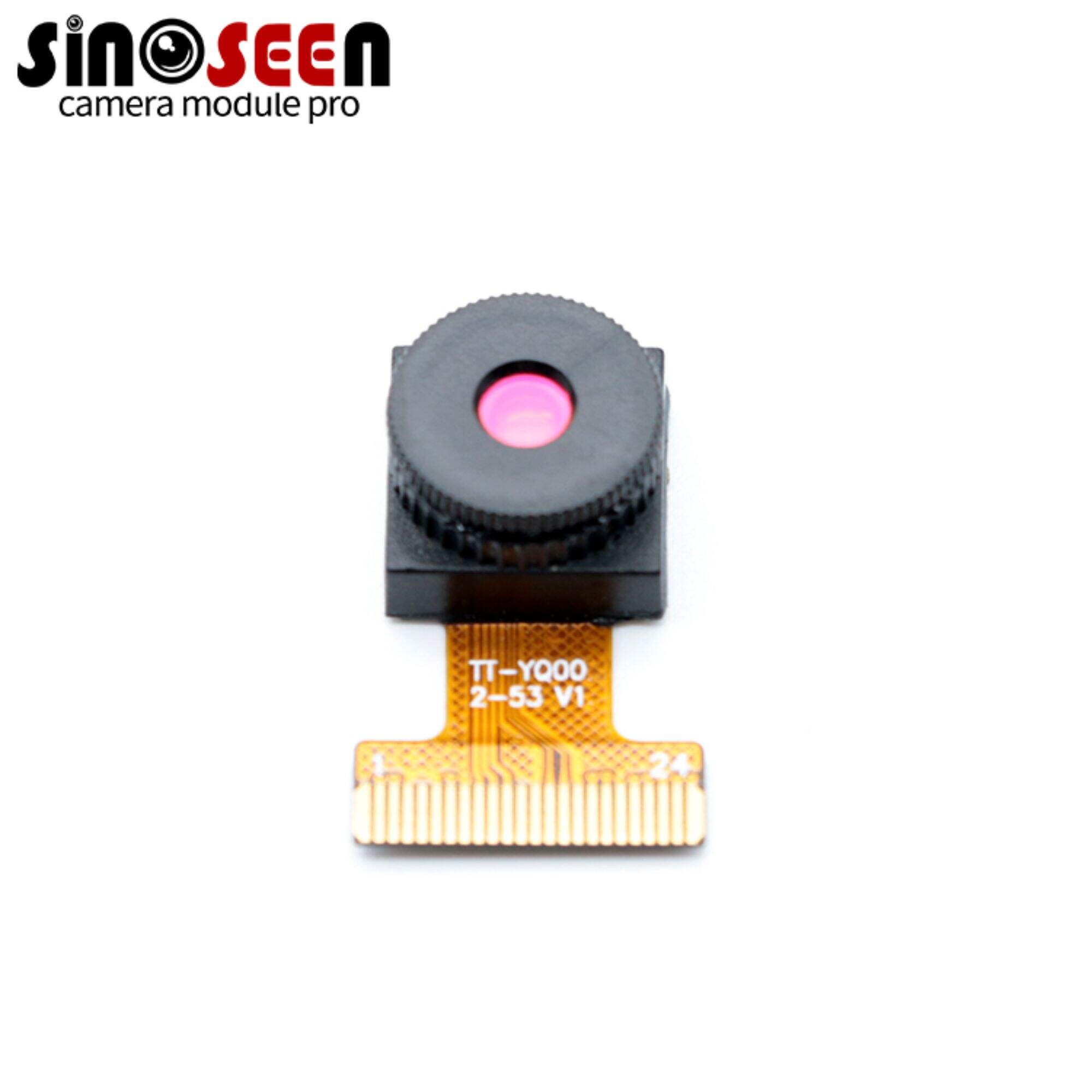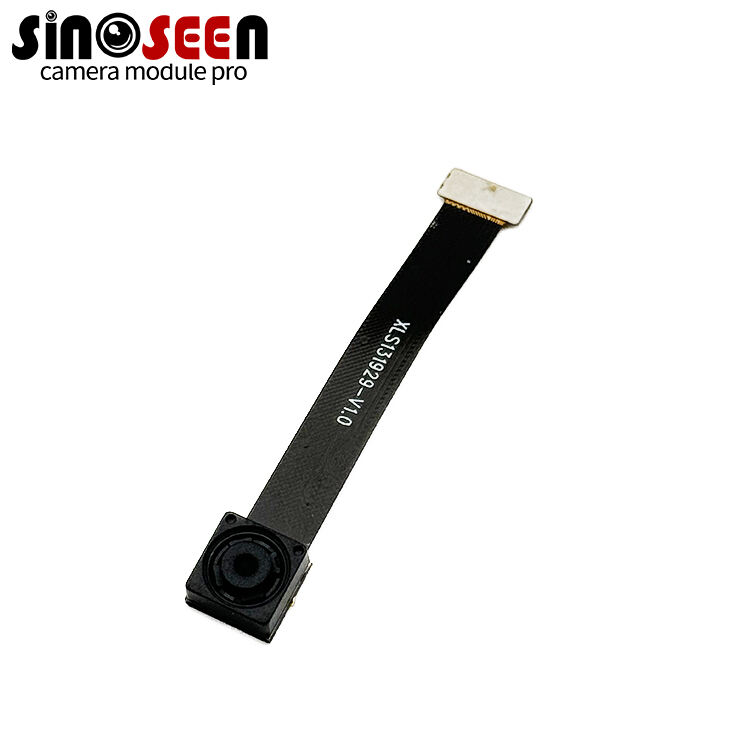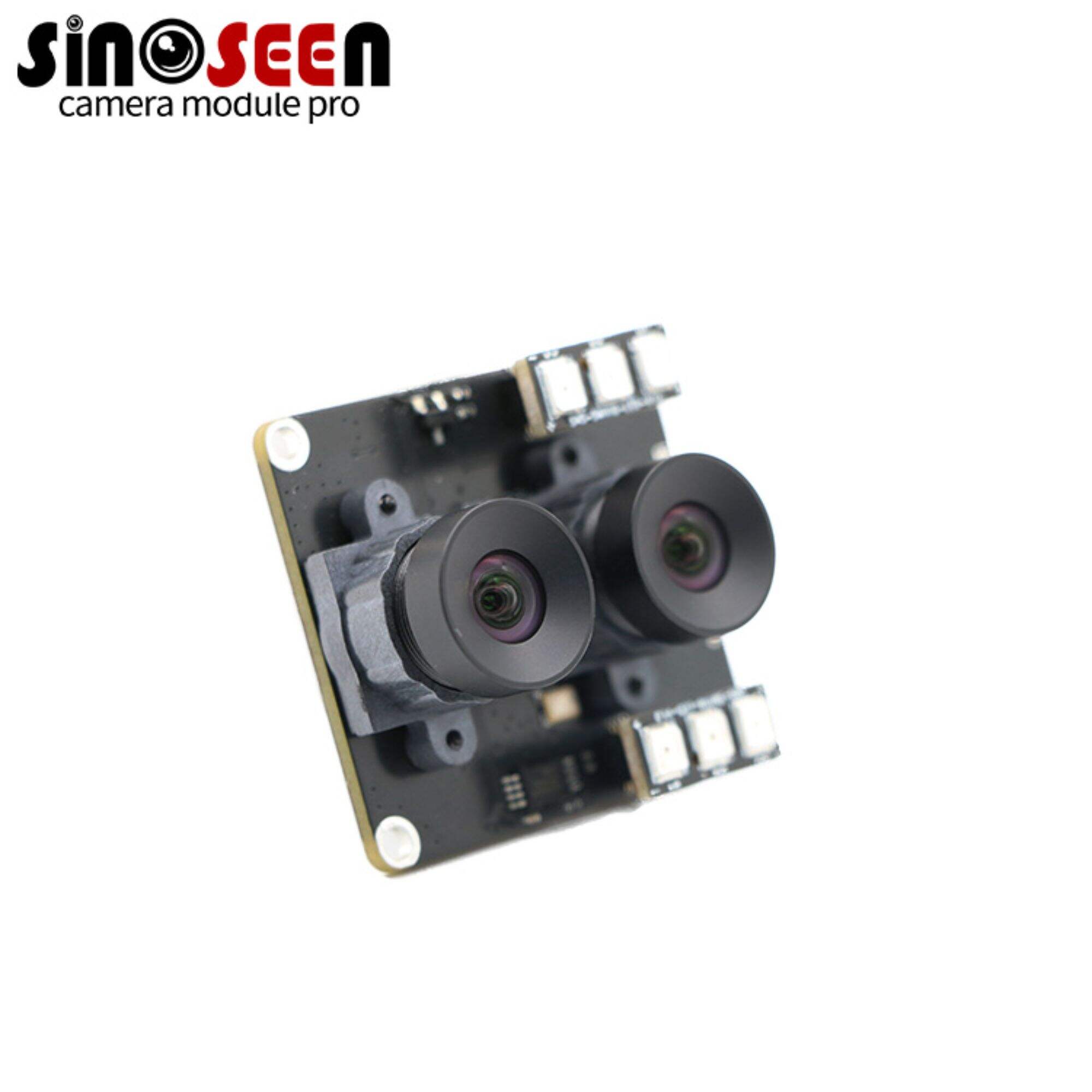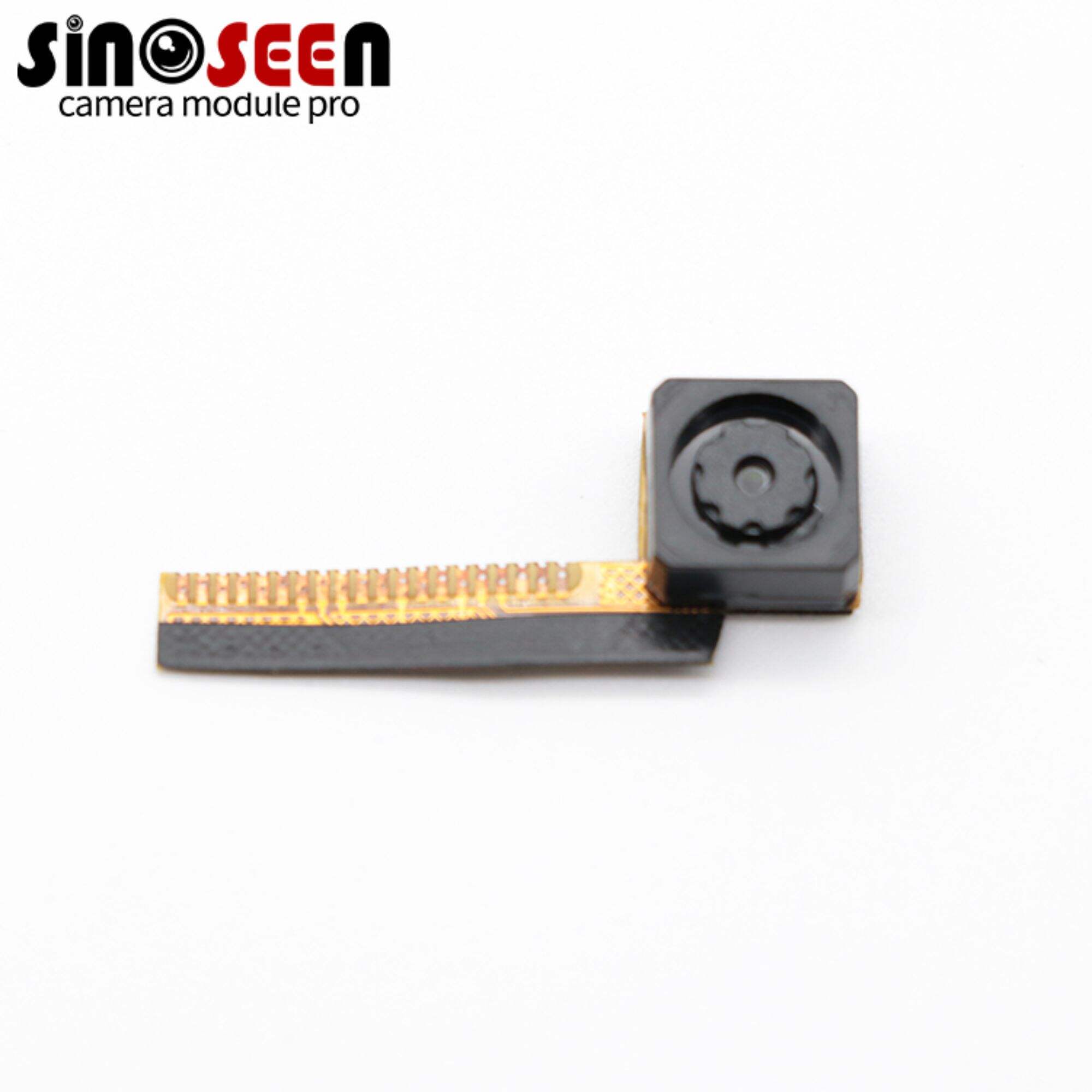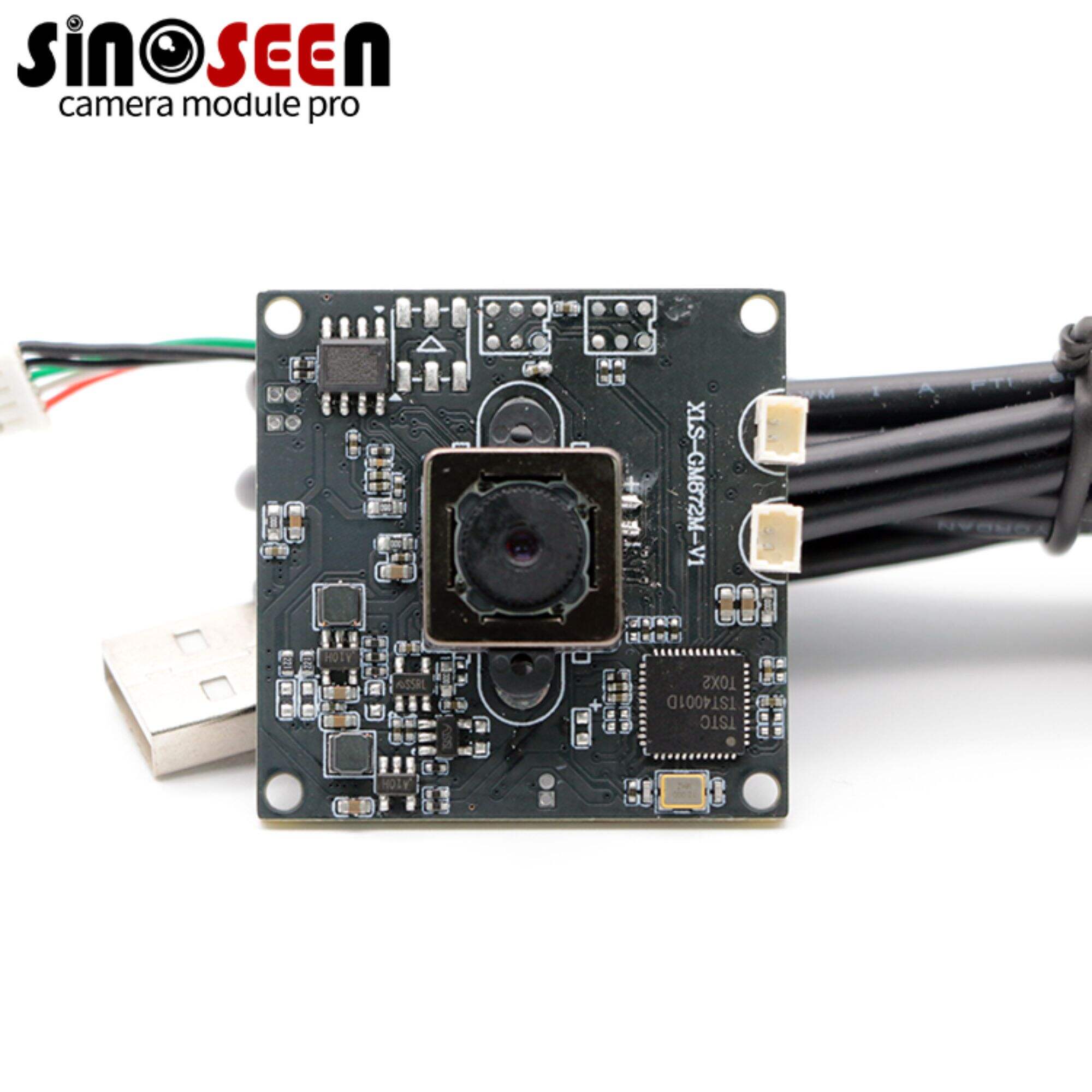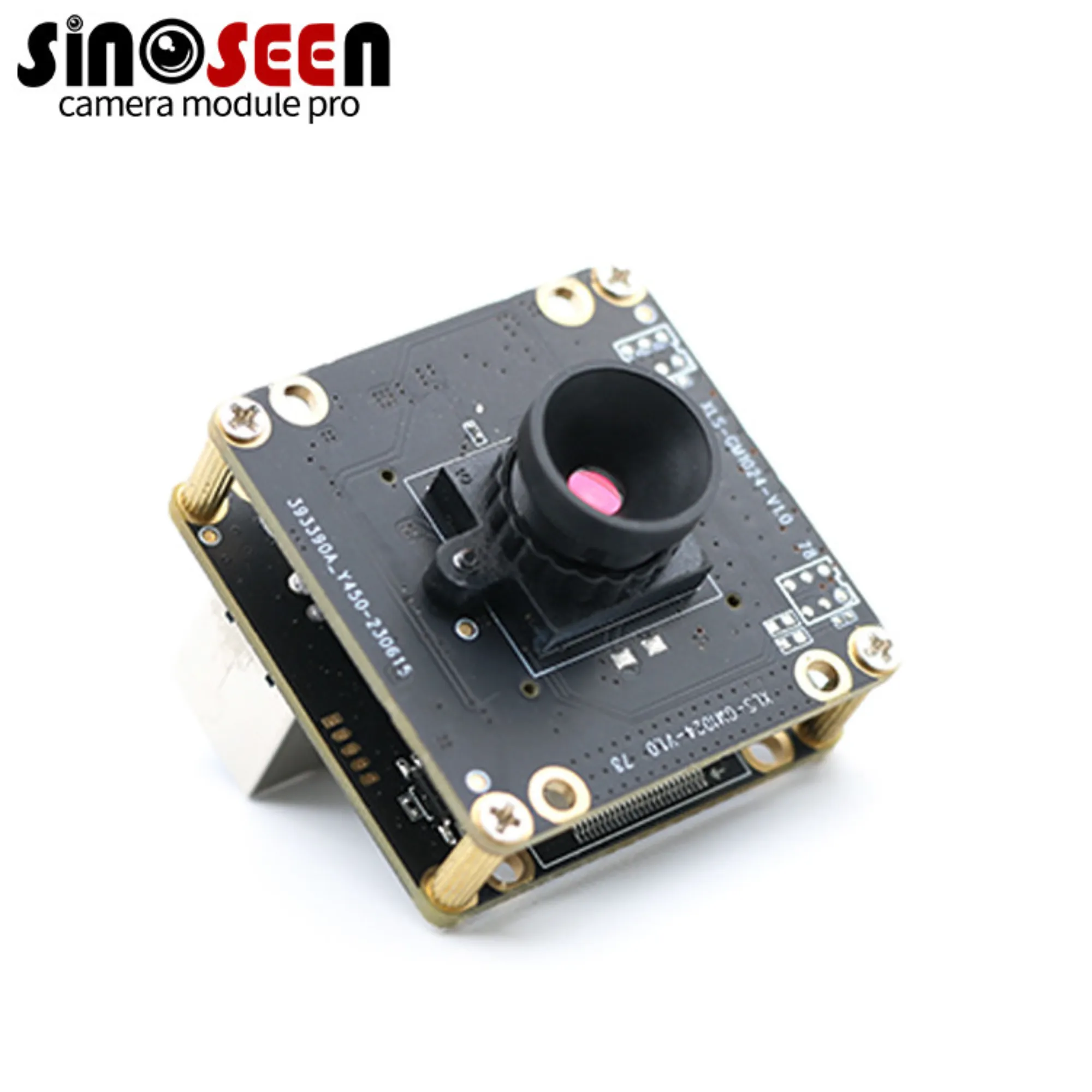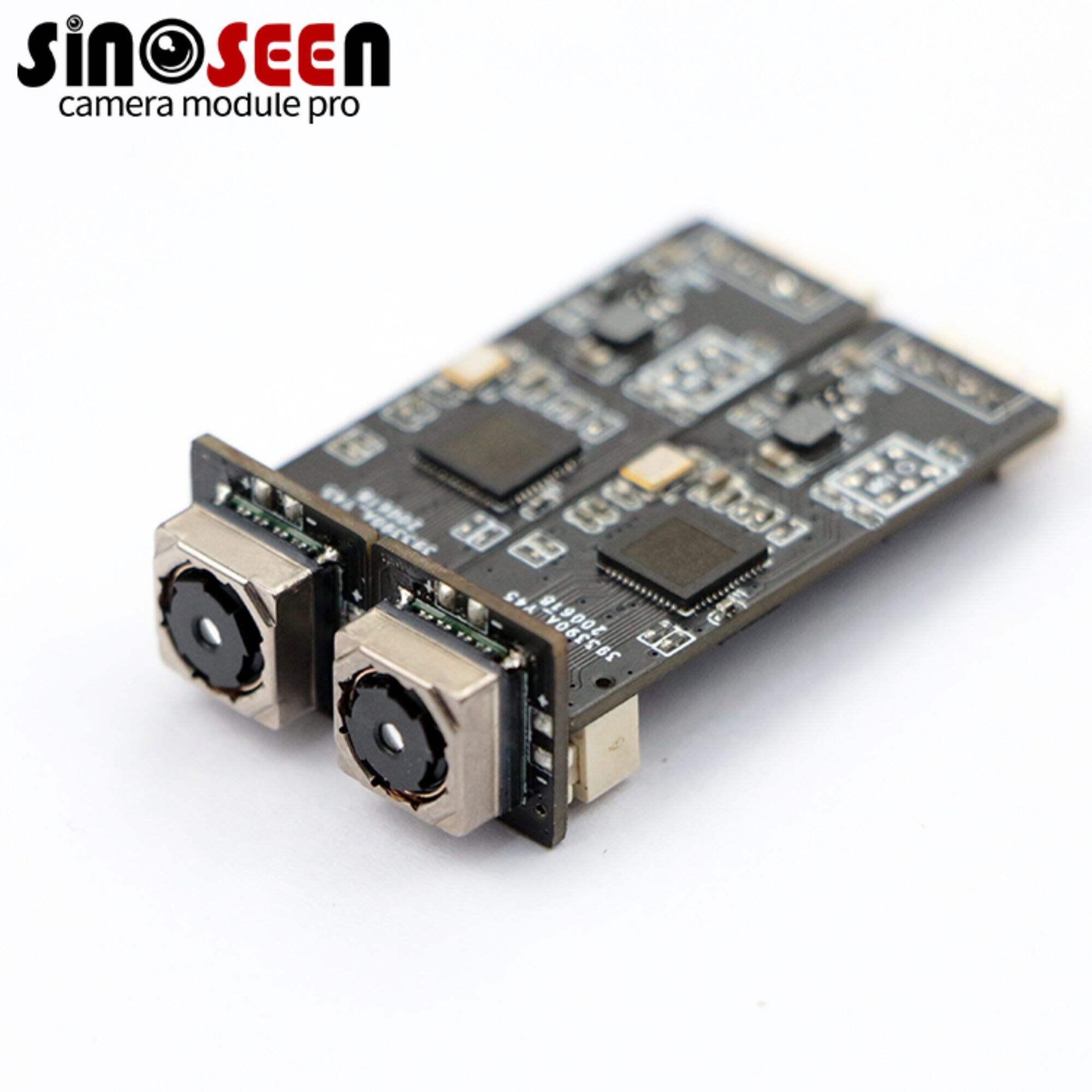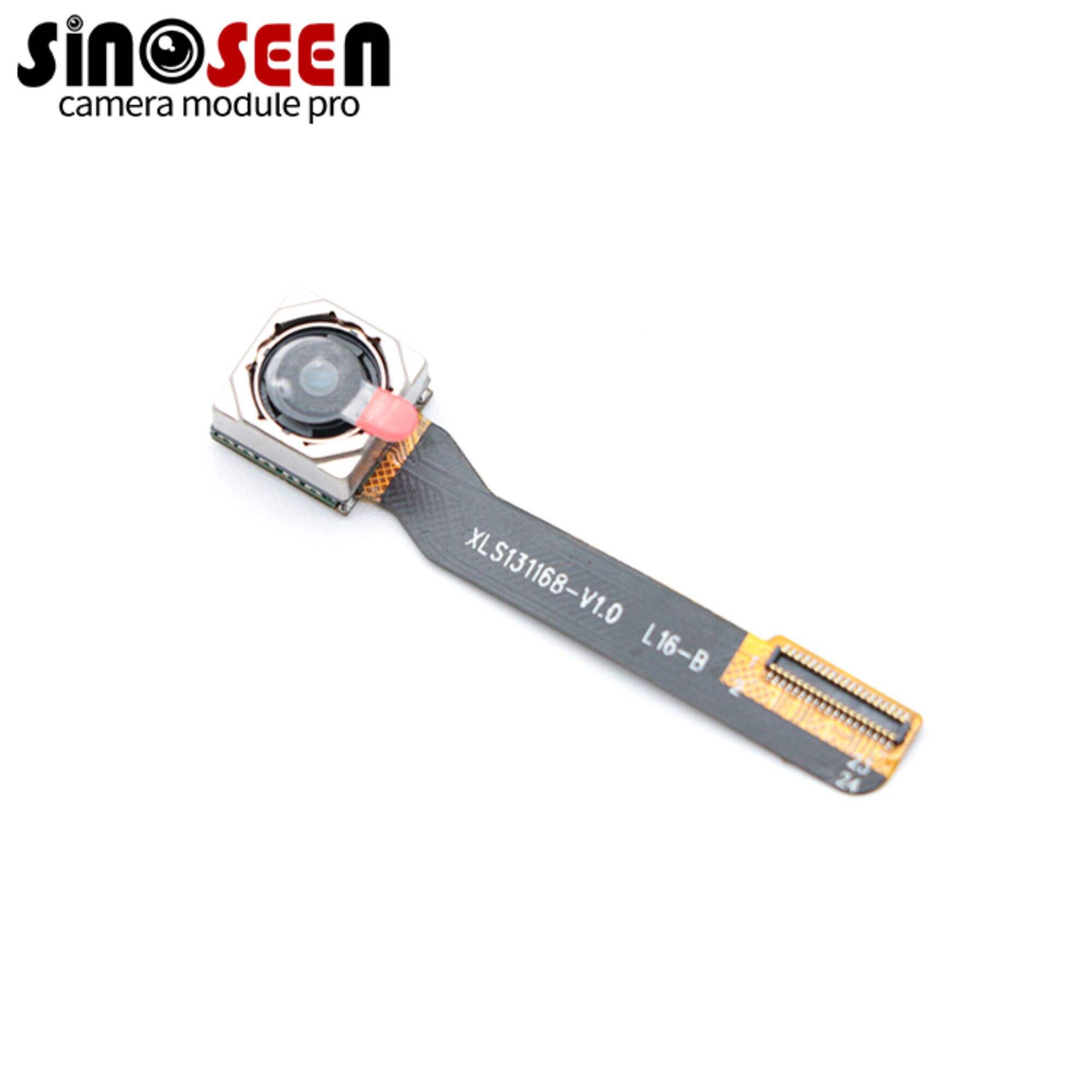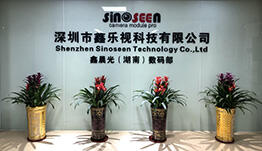10 ຄຳສັ່ງຂອງຜູ້ປະຕິບັດການເຄື່ອງຖ່າຍຮູບຈາກຍີ່ປຸ່ນ: ການລົງທຶນຂອງຫມູ່ໆຍີ່ປຸ່ນທີ່ມີຊື່ສຽງ
ຂ້າພະເຈົາຄິດວ່າທຸກຄົນຕໍ່ໄປກໍ່ບໍ່ເປັນຫນຸ່ງກັບຍິ້ງຫມູ້ນິຍົມຈາປຸ່ນ, ລັດຖະມົນຕີ້ຍິ້ງຫມູ້ນິຍົມຈາປຸ່ນໄດ້ຊີ້ນຳລູກຄ້າໂລກມາຍາວໆ, ແລະເປັນສັນຍາລັກຂອງການປະສົມປະສານ, ຄວາມແນວ່າ, ແລະຄວາມໜ້າສັ້ງ. ຈາກເຄື່ອງຖ່າຍຮູບຝິນທີ່ປີ້ນໃຈໄປຫາລະບົບເຄື່ອງຖ່າຍຮູບດິຈິຕໍແມ່ນ, ພູ້ສ້າງເຄື່ອງຖ່າຍຮູບຈາປຸ່ນໄດ້ສົ່ງເສີມຄວາມສົງສິດຂອງເทັກນົອລົກການເບິ່ງແລະການຖ່າຍຮູບ. ການສຶກສາວິທະຍາຂອງພວກເຂົາ, ການຕຳຫຼວດຄວາມປົກປ້ອນ, ແລະຄວາມຮູ້ຈັກຄວາມຕ້ອງການຂອງຜູ້ຖ່າຍຮູບໄດ້ສົ່ງເສີມຄວາມສົງສິດຂອງພວກເຂົາທົ່ວໂລກ.
ສໍາລັບພວກເຮົາເປັນວິศວະกรທີ່ສອບສວນເຄື່ອງຖ່າຍຮູບ, ພວກເຮົາຮູ້ຈັກສະຖານະທີ່ຂອງອຸ່ນ, ສະນັ້ນພວກເຮົາມີຄວາມເຂົ້າໃຈທີ່ແຕກຕ່າງກັນກ່ຽວກັບສິນຄ້າຂອງຜູ້ສ້າງເຄື່ອງຖ່າຍຮູບຍິ້ງຫມູ້ນິຍົມຈາປຸ່ນແລະຮູ້ຈັກຄວາມເປັນເຈົ້າ.
ສ່ວນຫຼາຍຂອງການແຂ່ນໃນອຸດົມສາດນີ້ແມ່ນບໍລິສັດທີ່ຕັ້ງຢູ່ທີ່ຕະຫຼາງທີ່ຜົນิตເຄື່ອງຖ່າຍຮູບແລະອຸປະກອນທີ່ໃຊ້ໃນຫ້ອງວຽກ ອີງຄວາມໄພຂອງພວກເຂົາອອກຈາກການຖ່າຍຮູບໄປສູ່ອຸດົມສາດທີ່ຫຼາຍໆ. ບໍລິສັດເຫຼົ່ານີ້ເປັນບໍລິສັດທີ່ຜົນิตເຄື່ອງຖ່າຍຮູບຈາກຍຸ່ນ, ເວົ້າຫຼັງຈາກນັ້ນເປັນໂດຍທົ່ວໄປ ການສືບຕໍ່ໃນບົດນີ້ຈະແນະນຳຄວາມເປັນມາຍິ່ງຂອງ 10 ບໍລິສັດຜົນิตເຄື່ອງຖ່າຍຮູບຈາກຍຸ່ນທີ່ດີທີ່ສຸດ.
ໃນບົດກ່ອນໜ້າ, ພວກເຮົາໄດ້ຮຽນຮູ້ກ່ຽວກັບຜູ້ຜົນิตເຄື່ອງຖ່າຍຮູບທີ່ມີຊື່ສຽງທົ່ວໂລກ. ຖ້າທ່ານຕ້ອງການຮູ້ເພີ່ມເຕີມ, ກະລຸນາ ອ່ານບົດນີ້.
ເຫດຜົນໃຫ້ເຄື່ອງຖ່າຍຮູບຈາກຍຸ່ນເປັນທີ່ນິຍົມ
ก่อนที่จะพูดถึงผู้ผลิตกล้องในญี่ปุ่น เราลองมาดูกันก่อนว่าทำไมกล้องจากญี่ปุ่นถึงสามารถนำเทรนด์ได้ ประวัติศาสตร์ของอุตสาหกรรมกล้องในญี่ปุ่นเป็นเรื่องของการเติบโตอย่างรวดเร็วและการพัฒนาเทคโนโลยีอย่างก้าวกระโดด หลังสงครามโลกครั้งที่สอง บริษัทญี่ปุ่นได้สร้างนวัตกรรมอย่างรวดเร็ว มักจะแซงหน้าคู่แข่งจากตะวันตกในด้านคุณภาพและฟีเจอร์ การทุ่มเทให้กับการวิจัยและพัฒนา รวมถึงระบบนิเวศการผลิตที่แข็งแกร่ง ทำให้พวกเขาเป็นผู้บุกเบิกเทคโนโลยี เช่น ออโต้โฟกัส การลดการสั่นไหว เซนเซอร์ดิจิทัล และการออกแบบกล้องแบบไม่มีกระจก เพื่อให้แบรนด์กล้องญี่ปุ่นยังคงอยู่ในแนวหน้า
นี่คือ 10 อันดับผู้ผลิตกล้องจากญี่ปุ่นที่มีผลกระทบทางประวัติศาสตร์และมีบทบาทในตลาดปัจจุบัน:
1. ການ ບໍລິສັດ Canon Inc. (キヤノン株式会社)
- ສູນບໍລິຫານ: โตเกียว ประเทศญี่ปุ่น
- วันก่อตั้ง: 10 สิงหาคม 1937
- ຄວາມເປັນມາ: ປະສາທິການແຂວງໃນໂລກການຖ່າຍຮູບ, Canon ເປັນບໍລິສັດທີ່ຕັ້ງຢູ່ເມືອງຕຸກຽໂຊ ທີ່ຜົນิตເຄື່ອງຖ່າຍຮູບ, ອຸປະກອນຫ້ອງວຽກ, ແລະລະບົບພິບັດ ແລະ ອຸປະກອນອຸຕະເສີນ. ຢູ່ສຳລັບຊຸດເຄື່ອງຖ່າຍຮູບ DSLR ແລະ mirrorless (ຊຸດ EOS R) ເສີນພິເສດ, ແລະ ເຄື່ອງພິມ. ຄວາມສັດສະຈຸດຂອງ Canon ໃນການປະສົມປະສານແມ່ນເຫັນໄດ້ຈາກເทັກນົອລົジーເຊັນເຊີ ແລະລະບົບ autofocus, ຕຳແໜ່ງຄວາມແຂງແຂງຂອງມັນໃນຄຸນພາບທັງໝົດ.

- ສິ່ງທີ່ສຳຄັນ: ເລີ່ມຕົ້ນລະບົບ Autofocus EOS, ມີຄວາມແຂງໃນຊ່ວງ DSLR, ແລະກຳລັງເຂົ້າຫາ Camera mirrorless.

2. ບໍລິສັດ Nikon Corporation (株式会社ニコン)
- ສູນບໍລິຫານ: โตเกียว ประเทศญี่ปุ่น
- วันก่อตั้ง: July 25, 1917
- ຄວາມເປັນມາ: Nikon ເປັນອີກໜຶ່ງປະສາທິການຈາກຍຸ່ງທີ່ມີຊື່ສຽງໃນການຜະລິດ Camera DSLR (ຊຶ່ງເປັນ DSLR Nikon D850) ແລະ Camera mirrorless Z-series ທີ່ກຳລັງຂະຫຍາຍ (ຊຶ່ງເປັນ Nikon Z6 II). ເຫລົ່າ NIKKOR lenses ໄດ້ຮັບຄວາມນິຍົມຈາກຄວາມເປັນເອກະລັກສະນະ ແລະຄວາມແນ່ນແຈ້ງ. Nikon ອີງຈຳນວນຫຼາຍໃນການຜະລິດອຸປະກອນຄວາມແນ່ນແຈ້ງ (steppers), ຄວາມແຂງຂອງສາກົນ, ແລະ industrial metrology.

- ສິ່ງທີ່ສຳຄັນ: ລະບົບ F-mount ທີ່ມີຊື່ສຽງ, ການເຂົ້າຮ່ວມແລ້ວໃນການຖ່າຍຮູບດິຈິຕ້ານສຳລັບຜູ້ຊ່ອງຊໍ, ແລະລະບົບ Z ບໍ່ມີຫລວງທີ່ປະສົມພັນ.

3. Sony Corporation (โซนี่ คอร์ปอเรชั่น)
- ສູນບໍລິຫານ: โตเกียว ประเทศญี่ปุ่น
- วันก่อตั้ง: 7 ເມສາ 1946
- ຄວາມເປັນມາ: ເຖິງແມ່ນບໍ່ວິສາຫະກິດອິเลັກໂຕຣນິກສ໌ທີ່ມີຄວາມປຸກສຳຫຼາຍ, ຄວາມຢູ່ໃນຕະຫຼາດການຖ່າຍຮູບຂອງ Sony ໄດ້ແມ່ນຄື່ງແລະແຂວ. ອັງການທີ່ຕັ້ງຢູ່ໃນຕະຫຼາດ Tokyo ທີ່ຜະລິດເຄື່ອງຖ່າຍຮູບແລະອຸປະກອນທີ່ມີໃນຫ້ອງວຽກ (ແລະອື່ນໆອີກຫຼາຍ), Sony ໄດ້ປ່ຽນແປງຕະຫຼາດເຄື່ອງຖ່າຍຮູບບໍ່ມີຫລວງດ້ວຍ Alpha (α) series. ມັນຍັງແມ່ນຜູ້ສະໜອງໄສ່ຫຼັກໃນການຖ່າຍຮູບຫຼັກຫຼາຍ-brand, ໃນນັ້ນມີຄື່ງແລະແຂວ. ຄວາມແຂງແຂງຂອງ Sony ໄດ້ຢູ່ໃນຄວາມຫຼາຍປະເພດຂອງສິນຄ້າ, ຕັ້ງແຕ່ Sony ZV-1 ທີ່ໜ້ອຍ, ຫາຍໄປຫາ FX3 Cinema Line Camera ທີ່ສໍາລັບຜູ້ຊ່ອງຊໍ.

- ສິ່ງທີ່ສຳຄັນ: ເລີ່ມຕົ້ນເຄື່ອງຖ່າຍຮູບ full-frame ບໍ່ມີຫລວງ, ເປັນຜູ້ນຳໃນເทິກນິກເຊື້ອ, ແລະມີຄວາມສາມາດທີ່ແຂງແຂງໃນການວິດີໂອ.

4. ບໍລິສັດຟູຈີຟິລມ (富士フイルム株式会社)
- ສູນບໍລິຫານ: โตเกียว ประเทศญี่ปุ่น
- ຄວາມເປັນມາ: Fujifilmມີຄວາມສະດວງໃນການຖ່າຍຮູບເປັນເຈົ້າຂອງ ແລະໄດ້ແປງປຸງສຳເລັດເຂົ້າໃນຍຸດທິດດິຈິຕ້ານໂດຍມີເຄື່ອງຖ່າຍຮູບໂຫຼ່ມລິສ໌ທີ່ມີຄວາມພິເສດ X-series (APS-C) ແລະ GFX-series (Medium Format). ມັນເປັນທີ່ຮູ້ຈັກເພື່ອສີສະເພາະ (film simulations) ແລະດີไซນ໌ເກົ່າ, Fujifilm ໄດ້ຮັບຄວາມນິຍົມທັງຈາກຜູ້ຮັກແລະຜູ້ຊ່ຽວຊານ. ລົງທີ່ໄປ ມັນຍັງຜະລິດອຸປະກອນສະແດງພາຍໃນແລະສິນຄ້າຖ່າຍຮູບອື່ນໆ.

- ສິ່ງທີ່ສຳຄັນ: ເทັກນິໂຄງການ뮬ະສີ, ເຄື່ອງຖ່າຍຮູບດິຈິຕ້ານແບບ medium format ທີ່ແຂງແຫງ, ແລະເຊື້ອ X-Trans ທີ່ເປັນສິ່ງເປັນພິເສດ.

5. Ricoh Company, Ltd. (บริษัท ริโกะ เซ็มเป้ะ)
- ສູນບໍລິຫານ: โตเกียว ประเทศญี่ปุ่น
- วันก่อตั้ง: 6 ເດືອນກຸມພາ 1936
- ຄວາມເປັນມາ: Ricoh ເປັນບໍລິສັດທີ່ມີຊື່ແຂວງໃນກຸ່ມໂຕເຄຍໂອ໊າ ທີ່ຜະລິດເຄື່ອງຖ່າຍຮູບແລະອຸປະກອນຫ້ອງວຽກ ໄດ້ແກ່ ເຄື່ອງພິມແລະໂປເຈັກເຕີ. ໃນສ່ວນຂອງເຄື່ອງຖ່າຍຮູບ ລາວເປັນທີ່ຮູ້ຈັກຈາກເຄື່ອງຖ່າຍ PENTAX DSLRs ທີ່ແຂງແຂຟ (ເຊົ່າ ຂອງ PENTAX K-3 Mark III) ແລະເຄື່ອງຖ່າຍຮູບຂະໜາດກາງ (medium format cameras) ແລະ ເຄື່ອງຖ່າຍ RICOH GR ສະແດງ ທີ່ໄດ້ຮັບຄວາມນິຍົມຈາກນັກຖ່າຍຮູບເສັ້ນທະເວັນ (street photographers) ເພື່ອອຸບັດຕິພາບແລະຄຸນພາບທີ່ດີ ແລະ ຢ່າງຫຼາຍເວລາ ອອກແຫ່ງbrands ຂອງລາວ.

- ສິ່ງທີ່ສຳຄັນ: Pentax DSLRs ທີ່ແຂງແຂຟ, Ricoh GR compacts ທີ່ໄດ້ຮັບຄວາມນິຍົມ, ການຊ່ວຍເຫຼືອຂອງ medium format.

6. ບໍລິສັດ Panasonic Corporation (パナソニック株式会社)
- ສູນບໍລິຫານ: Osaka, Japan
- ຄວາມເປັນມາ: ບໍລິສັດອົບເທກໂນິກສ່ວນຫຼາຍ, Panasonic ໄດ້ສົ່ງຄວາມສຳເລັດໃນໂລກຂອງເຄື່ອງຖ່າຍຮູບ, ແພະນີ້ວິດີໂອ 4K ດ້ານ within mirrorless cameras ແລະ ເປັນຜູ້ປະຕິບັດການຂອງລະບົບ Micro Four Thirds ກັບ Olympus. ລາວຍັງຮ່ວມມືກັບ Leica ໃນການຜະລິດเลີນ.

- ສິ່ງທີ່ສຳຄັນ: ຜູ້ປະຕິບັດກັບ 4K video for mirrorless ແລະ ການສະແດງຜົນວິດີໂອທີ່ແຂງແຂຟ.

7. ບໍລິສັດ Olympus Corporation (オリンパス株式会社)
- ສູນບໍລິຫານ: โตเกียว ประเทศญี่ปุ่น
- ຄວາມເປັນມາ: ສະຖານີການຂາຍຫຼັງຈາກທີ່ໄດ້ຂາຍພາກງານເຄື່ອງໝາຍໃຫ້ OM Digital Solutions, ອອລິມປັສຍັງແມ່ນຜູ້ຊ່ວຍຮ້ອງໃນການປະຕິບັດຂອງຜູ້ຜະລິດເຄື່ອງໝາຍຍີ່ປຸ່ນ. ເຂົາເປັນຜູ້ເຂົ້າມາໃນລະບົບ Micro Four Thirds ທີ່ເປັນທີ່ຮູ້ຈັກເລື່ອງເຄື່ອງໝາຍທີ່ໜ້າສົງແລະນ້ອຍນ້ອຍ, ກັບການສະເພາະຮູບທີ່ແຂງແຂງ. ออลิมปัสຍັງແມ່ນຜູ້ຜະລິດເຄື່ອງມືເສັ້ນທາງການແພດແລະອຸປະກອນວິທະຍາศาสດ໌ທີ່ໃຫຍ່.

- ສິ່ງທີ່ສຳຄັນ: ເປັນຜູ້ເລີ່ມລະບົບ Micro Four Thirds, ເປັນຜູ້ນຳໃນການສະເພາະຮູບໃນໂຮງໝາຍ.

8. Sigma Corporation (บริษัท ซิกม่า เซ็มเป้ะ)
- ສູນບໍລິຫານ: Kanagawa, Japan
- ຄວາມເປັນມາ: ແມ່ນທີ່ຮູ້ຈັກເປັນຫຼາຍເລື່ອງການຜະລິດเลືນ, Sigma ໄດ້ຜະລິດລິນສະເພາະຂອງຕົນเอง, ເປັນພິເສດທີ່ມີ Foveon X3 sensor. ການເຂົ້າມາຂອງເຂົາແມ່ນເພື່ອການກະຈຸບແຫຼ່ງທາງໂປຕິກແລະສະເພາະຮູບທີ່ມີຄວາມປະຕິພັນ.

- ສິ່ງທີ່ສຳຄັນ: ເສີນພິເສດທີ 3 ຂອງພິບັດ, ເທັກນົອລົກ Foveon ທີ່ແຕກຕ່າງ.

9. ບໍລິສັດ Tamron Co., Ltd. (株式会社タムロン)
- ສູນບໍລິຫານ: Saitama, Japan
- ຄວາມເປັນມາ: ຄືກັບ Sigma, Tamron ເປັນຜູ້ສ້າງເຄື່ອງຖ່າຍຮູບຈາກຍຸ່ມ່ວງທີ່ໄດ້ຮັບຄວາມເຫັນຄ່າສູງແລະຕົກໃຈໃນການຜະລິດเลີນທີ່ມີຄູນພິດສູງແລະນັບນໍາໃນການແປງແປງເພື່ອໃຊ້ກັບເຄື່ອງຖ່າຍຮູບຕ່າງໆ (Sony E-mount, Fujifilm X-mount, Nikon Z-mount, Canon RF-mount). เลີນຂອງພວກເຂົາເປັນທີ່ຮູ້ຈັກເລື່ອງຄວາມສຳເລັດດ້ານໂປຕິກແລະມັກຈະມີລາຄາທີ່ແຂ່ຂັນ.

- ສິ່ງທີ່ສຳຄັນ: ເລີນທີ່ມີຄຸນສຳພາດແລະພະລັງງານສູງຂອງບຸກຄຸນທີ່ສາມາດໃຊ້ໄດ້.

10. ບໍລິສັດ Cosina Co., Ltd. (株式会社コシナ)
- ສູນບໍລິຫານ: Nagano, Japan
- ຄວາມເປັນມາ: Cosina ເປັນຜູ້ສ້າງເຄື່ອງຖ່າຍຮູບຈາກຍຸ່ມ່ວງທີ່ມີຄວາມສຳຄັນແຕ່ໄດ້ຮັບຄວາມເຫັນຄ່າສູງ ແລະເປັນທີ່ຮູ້ຈັກໃນການຜະລິດເຄື່ອງຖ່າຍຮູບເຜົາເຫຼືອງເກົ່າ (e.g., Voigtländer Bessa series) ແລະ ມັກກວ່ານັ້ນ ເລີນທີ່ມີຄູນພິດສູງໃນການເປັນມືດ້ວຍ Voigtländer ແລະ ບໍລິສັດ Zeiss Classic. ທ່ານນີ້ແມ່ນເປົ້າເຫຼົ້າສຳລັບຜູ້ຖ່າຍຮູບທີ່ມີຄວາມສົນໃຈໃນການສ້າງແຮງແລະຄວາມປະສົບປະສົນຂອງການຖ່າຍຮູບ.

- ສິ່ງທີ່ສຳຄັນ: ການຫຼັງຄືນແບບເຄື່ອງຖ່າຍຮູບເຜົາເຫຼືອງເກົ່າ, ການຜະລິດເລີນທີ່ມີຄຸນສຳພາດແລະໄດ້ຮັບຄວາມເຫັນຄ່າ.

3 ຕິບສຳລັບການເລືອກຜູ້ສ້າງເຄື່ອງຖ່າຍຮູບຈາກຍຸ່ມ່ວງ
ມີຫຼາຍຍິ້ງທີ່ດີເລີກ ຍິ່ງຫຼາຍຍິ້ງ-brand ມີສ່ວນໃຫຍ່, ການເລືອກທີ່ຖືກຕ້ອງສຸດຄືກັບການແຈ້ງ. ເປັນຄຳແນະນຳ 3 ຄຳເພື່ອຊ່ວຍໃຫ້ທ່ານຕັດສິນໃຈ:
1. ອີກໂສສິ່ງແວ່ນແລະຄວາມສົມບູນຂອງເຮືອງໄມ້
ເມື່ອລົງທຶນໃນລະບົບເຄື່ອງຖ່າຍ, ທ່ານບໍ່ໄດ້ຊື່ເຄື່ອງຖ່າຍພຽງແຕ່; ທ່ານໄດ້ລົງທຶນໃນລະບົບທັງໝົດ. ລະຫັດຜູ້ຜະລິດເຄື່ອງຖ່າຍຍີ່ປຸ່ນ (ຊົນ Canon, Nikon, Sony, Fujifilm, Panasonic, Ricoh/Pentax) ໄດ້ມີເຮືອງໄມ້ເອກະສານຂອງຕົນเอง.
- ສິ່ງທີ່ຕ້ອງເລືອກແມ່ນຄວາມມີຢູ່ແລະປະເພດຂອງເຫື່ງ ເພື່ອເຮືອງໄມ້ນັ້ນ, ປະທຳໂດຍຜູ້ຜະລິດເອກະສານ (ຈາກຍີ່ຫໍ້ເຄື່ອງຖ່າຍເອງ) ແລະຜູ້ຜະລິດອື່ນ (ຈາກຍີ່ຫໍ້ເຊົ່າຊື່ Sigma ຫຼື Tamron).
- ຄິດເຖິງໝາຍເຫດການຖ່າຍຮູບຂອງທ່ານໃນອົງປະກອບຍາວ. ຖ້າທ່ານຄິດຈະເປັນພິเศດໃນການຖ່າຍຮູບປະເພດໜຶ່ງ (ຊົນ ມະຫາສັດ, ພັນ, ວີດີໂ), ການຄົ້ນຄົ້ນວ່າຍີ່ຫໍ້ເຄື່ອງໃດທີ່ມີເຫື່ງທີ່ສົມບູນທີ່ສຸດ. ການປ່ຽນລະບົບຫຼັງຈາກນັ້ນສາມາດເປັນຄ້າແລະບໍ່ສະຫງົບ.
2. ການພິເສດແລະຄວາມແຂງຂອງแก້ນ
ຫຼາຍຍີ່ຫໍ້ເຄື່ອງຖ່າຍຍີ່ປຸ່ນທີ່ມີຊື່ສຸດໄດ້ມີສິນຄ້າທີ່ຫຼາຍປະເພດ, ແຕ່ຫຼາຍຍີ່ຫໍ້ຍັງມີເຂດທີ່ເປັນພິເສດຫຼັງຫຼາຍ.
- Canon ແລະ Nikon ມັກຈະຖືກມັກໂດຍຜູ້ຊ່ຽວຊານ ສໍາ ລັບ DSLR ທີ່ແຂງແຮງແລະຂະຫຍາຍລະບົບທີ່ບໍ່ມີແກ້ວມອງ, ສະ ເຫນີ ການເລືອກເລນທີ່ກວ້າງຂວາງແລະຄວາມ ຫນ້າ ເຊື່ອຖືທີ່ຖືກສ້າງຕັ້ງຂື້ນ.
- Sony ແມ່ນໂຮງງານຜະລິດໄຟຟ້າໃນເຕັກໂນໂລຊີທີ່ບໍ່ມີມິຣລ, ເຊິ່ງເປັນທີ່ຮູ້ຈັກກັບເຊັນເຊີທີ່ທັນສະໄຫມແລະລະບົບອັດຕະໂນມັດ, ມັກຈະດຶງດູດໃຫ້ຜູ້ທີ່ໃຫ້ຄວາມສໍາຄັນກັບຄວາມກ້າວຫນ້າທາງດ້ານເຕັກໂນໂລຊີແລະຄວາມສາມາດຂອງວິດີໂອ.
- Fujifilm ມັນໂດດເດັ່ນດ້ວຍວິທະຍາສາດສີທີ່ໂດດເດັ່ນ, ຄວາມງາມ retro, ແລະປະສິດທິພາບທີ່ແຂງແຮງໃນ APS-C ແລະຂະ ຫນາດ ກາງແບບບໍ່ມີແກ້ວ, ດຶງດູດໃຫ້ຜູ້ທີ່ໃຫ້ຄຸນຄ່າ "ເບິ່ງ" ທີ່ແຕກຕ່າງກັນແລະການຄວບຄຸມທີ່ຈັບໄດ້.
- Ricoh (Pentax) ເປັນທີ່ຮູ້ຈັກກັນດີສໍາລັບ DSLRs ທີ່ທົນທານ, ທີ່ຖືກປະທັບຕາຈາກສະພາບອາກາດ ແລະ ຄຸນລັກສະນະທີ່ເປັນເອກະລັກເຊັ່ນການປ່ຽນ pixel, ທີ່ດຶງດູດໃຫ້ນັກຖ່າຍຮູບທັດສະນະທັດສະນີຍະພາບ ຫຼືຜູ້ທີ່ຕ້ອງການອຸປະກອນທີ່ແຂງແຮງ.
- Panasonic ໄດ້ສ້າງບ່ອນຕັ້ງຢູ່ໃນກ້ອງຖ່າຍຮູບແບບບໍ່ມີແກນສ່ອງສ່ອງທີ່ສຸມໃສ່ວິດີໂອ.
- ພິຈາລະນາເບິ່ງວ່າ ຜູ້ຜະລິດໃດທີ່ມີຈຸດແຂງແຮງທີ່ ເຫມາະ ສົມກັບກໍລະນີການ ນໍາ ໃຊ້ຕົ້ນຕໍແລະແບບຖ່າຍຮູບຂອງທ່ານ.
3. ສະເພາະຫຼັງການຂາຍແລະຊຸມຊົນ
Camera ແມ່ນຄວາມສ່ຽງທີ່ໃຫຍ່, ແລະການສະເພາະຫຼັງການຂາຍທີ່ດີສາມາດເຮັດໃຫ້ມີຄວາມຕ່າງຫຼາຍ.
- ຄົ້ນຄວ້າປະຈຳການຮັບປືນ, ສະເພາະການແກ້ໄຂ, ແລະສະເພາະຊື່ສຽງຂອງລູກຄ້າ ໃນເຂດຂອງທ່ານ.
- ຄົ້ນຄວ້າຊຸມຊົນຜູ້ໃຊ້ທີ່ແวดล໌-brand. ຊຸມຊົນທີ່ແຂງແລະເປັນການເຄື່ອນໄຫວ (ໂຟຣິມອອນລາຍ, ກຸ່ມສຶນທຸລະກຳສັງຄົມ) ສາມາດເປັນລາວຄ້າຍທີ່ມີຄ່າມື້ງຫຼາຍສຳລັບການຮຽນຮູ້, ການແກ້ໄຂບັນຫາ, ແລະການຊອກຫາອຸປະກອນໃຊ້ແລ້ວ. Popular ຍິ່ງຫຼາຍຍິ້ງ-brand ມັກມີຊຸມຊົນທົ່ວໂລກທີ່ໃຫ້ການສະເພາະແຫ່ງກັນແລະຄວາມບັນຫຼາງ.
ກຳລັງຄົ້ນຫາອຸປະກອນເຄື່ອງຖ່າຍທີ່ເປັນຄົນສຳເລັດ?
ຖ້າ brand camera ຂອງຍີປຸ່ນບໍ່ສາມາດສົ່ງເສີນຄວາມຕ້ອງການຂອງທ່ານໄດ້, ຫຼືສິ່ງທີ່ໂຄງການຂອງທ່ານຕ້ອງການບໍ່ແມ່ນ camera ທີ່ສຳເລັດແລ້ວ, ທ່ານສາມາດເລືອກຜູ້ຜະລິດອື່ນໆ, ເຊິ່ງເປັນ Sinoseen ຂອງຈີນ. Sinoseen ອັດສະພາໃນການສະເພາະ module camera ທີ່ແຕກຕ່າງກັນແລະສາມາດສະເພາະບ່ອນໜຶ່ງທີ່ສຳເລັດໄດ້ຕາມຄວາມຕ້ອງການຂອງໂຄງການ.
ບໍ່ພຽງແຕ່ວ່າ Sinoseen ເຍັນມີຄະແປສະເພາຫຼາຍທີ່ສໍາເລັດແລ້ວ. ທ່ານສາມາດຊອກຫາຄະແປສະເພາທີ່ສົມບູນ ໂດຍການສະແດງລາຍການສິນຄ້າ . ຕື່ມໄປ, ຖ້າທ່ານມີຂໍ້ Thai ອື່ນໆກ່ຽວກັບສ່ວນປະກອບໃດໜຶ່ງຂອງຄະແປສະເພາທີ່ສໍາເລັດແລ້ວ, ທ່ານຍັງສາມາດປ່ຽນແປງເປັນເintendent. ພະຍາງຄົນຮ່າງຂອງ Sinoseen ຈະສະຫນັບສະຫນູນທ່ານຫຼາຍການການ.
ຮຽນຮູ້ວ່າແມ່ນວ່າ Sinoseen's ຄະແປສະເພາຫຼາຍຟັງຊັນ ເປັນbridge ການຫຼຸດຫ່າງແລະຊ່ວຍໃຫ້ທ່ານໄດ້ຮັບຜົນການຖ່າຍທີ່ສູງສຸດ!
ສະຫຼຸບ
ວິທີ່ເລືອກຜູ້ຊະນະເຄື່ອງຖ່າຍຮູບຈາປັນທີ່ສົມບູນແມ່ນຄຳຂັດໃຈສຳລັບທຸກໂປຣແກີ. 10 ຜູ້ຊະນະທີ່ໄດ້ຖືກແນະນຳໃນບົດຄວາມນີ້ໄດ້ສະແດງຄວາມສັງຄົມທີ່ສົງສຽງໃນດ້ານວິศວกรรมແລະຄວາມຮູ້ໃຈທີ່ລึกສຸກໃນທຸກໆໍາຫຼຸດຂອງศຶນຍະພາບການຖ່າຍຮູບ, ທັງຈາກເทັກນົອລົジーເຊື້ອສູງເຖິງການດີไซນ໌ອົງປະກອບ. ການຕິດຕັ້ງຜູ້ໃຊ້ແລະຄວາມແຂງແຂ້ອນ. ຜູ້ຊະນະເຄື່ອງຖ່າຍຮູບຈາປັນເຫ່ານີ້ໄດ້ເຂົ້າມາປະກາດຕົວຢູ່ຕຳແໜ່ງນັກນຳໃນອຸ້ງປະກອບໂລກໂດຍການປະສົມປະສານການປະຕິວັດແລະເທັກນົອລົຍທີ່ສົມບູນໃນຊ່ວງທີ່ສູງແລະພື້ນຖານ. ມັນແມ່ນພັນທະມິດທີ່ສົມບູນ.
ມັນຖືກມັນທີ່ຜ່ານບົດຄວາມນີ້, ທ່ານສາມາດເຂົ້າໃຈຄຳສະຫວນເມື່ອເລືອກຜູ້ສ້າງເຄື່ອງຖ່າຍຮູບຈາປັນ. ຕໍ່ແມ່ນ, ຖ້າທ່ານກຳລັງຄົ້ນຫາວິທີ້ການຖ່າຍຮູບນອກຈາປັນ, ທ່ານອາດຕ້ອງການເລືອກ Sinoseen - ຜູ້ສ້າງຈีນທີ່ສະຫງົບສົມເປັນພຽງແລະມີວິທີ້ການ_customize_camera_module_ທີ່ແຂງແຮງ. ຕິດຕໍ່ພວກເຮົາຖ້າມີຄວາມຕ້ອງການ!
ຜະລິດຕະພັນທີ່ແນະນຳ
ຂ່າວຮ້ອນ
-
ຜູ້ຜະລິດຕົວເຊື່ອມໂສນຈິນຫຼາຍທີ່ສຸດໃນຈີນ ສຳລັບການເບິ່ງໂປແຮມ--Sinoseen
2024-03-27
-
ຄຳນຳສຳລັບການແປງ oem ຕົວເຊື່ອມໂສນ
2024-03-27
-
ຄວາມຮູ້ເຂົ້າໃຈຢ່າງລึกສຸກກ່ຽວກັບໜ້ອຍພິມເຄື່ອງຖ່າຍຮຸບ
2024-03-27
-
ວິທີການຫຼຸດຄວາມລະອຽດຂອງໂມດູນກ້ອງ?
2024-12-18

 EN
EN
 AR
AR
 DA
DA
 NL
NL
 FI
FI
 FR
FR
 DE
DE
 EL
EL
 HI
HI
 IT
IT
 JA
JA
 KO
KO
 NO
NO
 PL
PL
 PT
PT
 RO
RO
 RU
RU
 ES
ES
 SV
SV
 TL
TL
 IW
IW
 ID
ID
 SR
SR
 VI
VI
 HU
HU
 TH
TH
 TR
TR
 FA
FA
 MS
MS
 IS
IS
 AZ
AZ
 UR
UR
 BN
BN
 HA
HA
 LO
LO
 MR
MR
 MN
MN
 PA
PA
 MY
MY
 SD
SD

